Composting and vermiculture are popular and effective methods for processing organic waste and creating nutrient-rich soil amendments. However, in order to achieve optimal results, it is important to get the balance of nitrogen and carbon in the compost or worm bin just right. In this blog post, we will explore why nitrogen and carbon balance is important for composting and vermiculture, how to achieve the right balance, and the benefits of getting it right.
Why Nitrogen and Carbon Balance is Important for Composting and Vermiculture
Nitrogen and carbon are essential components of organic matter, and getting the right balance is critical for successful composting and vermiculture.
Nitrogen is a key nutrient for microorganisms that break down organic matter, while carbon provides the energy source for these microorganisms. When the balance of nitrogen and carbon is correct, the compost or worm bin will heat up, and the organic matter will break down quickly, producing nutrient-rich compost or feedstock for our worm farms.
However, if the balance is off, the compost may not heat up sufficiently, or the organic matter may break down too slowly, leading to a buildup of unprocessed waste and potentially unpleasant odors.
In addition, if the balance is too heavily skewed towards nitrogen, the compost or worm bin may become too acidic, which can harm the microorganisms and slow down the composting process, while producing ammonia which is deadly to worms.
Achieving the Right Nitrogen and Carbon Balance
When composting, achieving the right balance of nitrogen and carbon can be a bit of an art, but there are some basic guidelines to follow:
Add More Carbon: If the compost or worm bin is too wet or smelly, add more carbon-rich materials such as leaves, sawdust, or shredded paper to balance out the excess nitrogen.
Add More Nitrogen: If the compost or worm bin is not heating up or breaking down quickly enough, add more nitrogen-rich materials such as food scraps, grass clippings, or manure to provide the microorganisms with the nutrients they need.
Monitor Moisture: Keep the compost or worm bin moist but not too wet, as excess moisture can slow down the composting process and cause unpleasant odors.
Benefits of Getting Nitrogen and Carbon Balance Right
Getting the balance of nitrogen and carbon right offers several benefits for your composting process:
Faster Processing: When the balance is right, the organic matter will break down quickly, producing nutrient-rich compost or worm feedstock.
Higher Quality: Compost or worm castings produced with the right balance of nitrogen and carbon will be of higher quality, with more nutrients and fewer contaminants.
Conclusion
In conclusion, getting the balance of nitrogen and carbon right in composting is critical for achieving optimal results. With a growing demand for sustainable waste management solutions and regenerative farming practices, getting the balance of nitrogen and carbon right in composting is becoming an increasingly important skill. At Little Buddies, we have spent years honing this process, in order to provide our compost worms with high quality feedstock to enable them to rapidly process organic waste from around the Waikato. We're here to help - contact us any time to find out how you can partner with us.



